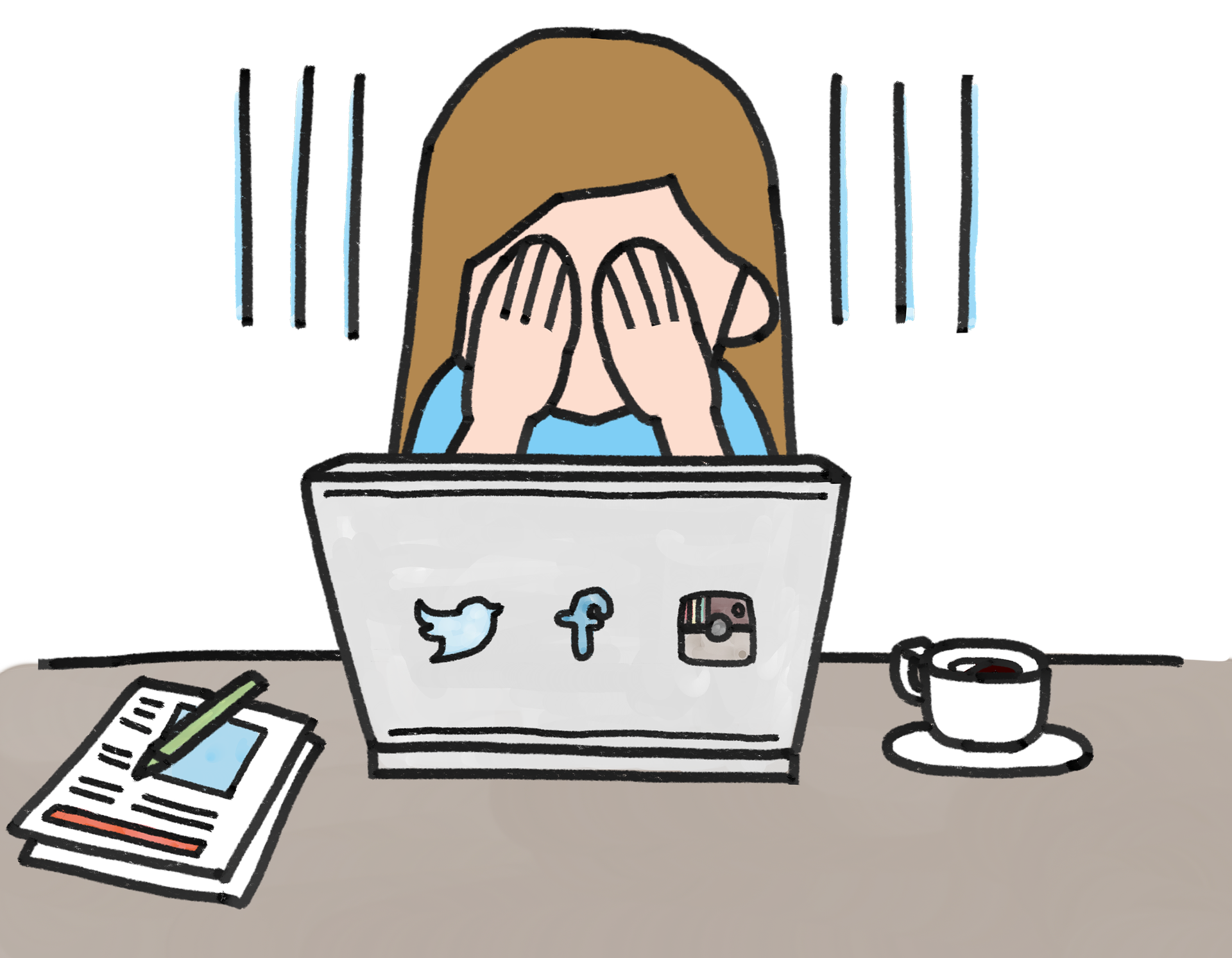
So you’re sitting there in front of your laptop looking at a blank screen. You can’t seem to get yourself to write the next line. Or . . .
You’ve set aside this day to write. The friends and family have been shooed away and the phone has been turned off. You sit down to write but realize you’d love some coffee. While making it you notice there are 3 dishes in the sink, so you wash them. Then you notice the dust bunnies by the bookshelf and haul out the vacuum cleaner—it will only take a minute. Then you decide to dust the entire house. Finally, you sit down, exhausted, only to hear the back door open. “What’s for dinner?” Your spouse says as they carry in your 4-year-old on their hip. Oh well, another writing day shot.
Look, everyone’s situation is different and these things happen, but I have to be honest with you. I don’t believe in writer’s block. I don’t believe that something mental is preventing you from putting words to a page. That doesn’t mean you aren’t having difficulties writing. So what’s going on? If I had to guess . . .

Fear. Did it occur to you that you could simply be afraid? Afraid of what your friends will think? Afraid it won’t be good enough? Or, afraid that it will be so good people will expect this level of brilliance from you every time and you don’t think you can do that? Regardless of the reason, fear is the thing that keeps most people from doing what they want to do. Fear will make you lonely in a crowded room. Fear will keep you distracted so you don’t wrestle with those dark thoughts. Fear is the dream killer.
Perfectionism. The idea in your head is brilliant. The characters vivid and the setting rich. You fantasize about your characters interactions and their jobs. You fantasize about them falling in love or surviving trauma or even getting their happy ending. But you sit down to write and what’s on the screen doesn’t match what’s in your head. As you write you don’t get that emotional kick that you did when you were daydreaming. It’s frustrating. You look at your hands in disgust trying to figure out why this great story won’t come out. Then one day you just lose interest in them because you think you can’t do them justice and walk away.
Apathy. Perhaps you’re bored with your characters. You’ve published a nine book series and there is nothing left to say or do with these stories. But your agent and editor wants more. You almost begin to cry at the thought of writing again and you dread it. None of this stuff motivates you anymore and you want to cry. Or maybe you had a germ of a story, a character, or a setting, but no plot or conflict or anything. Just an idea that never got fascinating enough to flesh out.
There are many reasons people can’t write, but I’ve experienced all of the above. These are legitimate writing shackles that can prevent you from finishing your WIP. But none of these issues are writer’s block. That doesn’t exist. I don’t even like the term.

The Problem with Writer’s Block. Writer’s block insinuates that there is nothing a writer can do to change the situation. We’ve all seen the arts movies or the comedies with the writer with writer’s block. They’re either an emotional wreck as their editor’s deadline looms over them like the sword of Damocles, or they are a happy go lucky sprite who will wait it out until their “muse” imbues them with the perfect ending.
When you say you have writer’s block there is an implication that you can’t change that. That you have to wait it out until inspiration returns. That, my friends, is malarkey.
Years ago I was teaching A.P. U.S. History to a bunch of high school students. I gave a test on the second Great Awakening. (The growth of American Protestant denominations.) I saw a kid just sitting at his desk staring at the prompt, doing nothing. I went over to ask what was wrong and he said “I can’t think of anything to write. I don’t remember anything.”
“Write,” I said. “Write anything. Even if you have to write ‘I don’t know what to write,’ a dozen times, just write. Something will come to you.
The kid shrugged and began writing. Soon he was scribbling furiously. He finished the test and passed it.
That’s what we have to do. We have to write. Whether we feel like it or not. Whether we think the words are perfect or not. Author Stant Litore once told me, “Writers write, professional writers re-write.” It doesn’t matter if you like what’s on the page or not, just get it down and fix it later. Eventually, the words will come. First in a trickle, then in a mighty stream.
But what else can I do?
Perhaps a pep talk isn’t what you need. OK then. Try these things when you can’t put pen to paper.
Writing exercises. Maybe you just need to stretch your intellectual muscles? A good writing exercise should loosen the brain up and get you writing again. You can get them anywhere. I personally like Porcelain Prompts by Melissa Koons and Write Characters your Readers Won’t Forget by Stant Litore. There are dozens and dozens of prompts in this one, all related to your characters arc.
Read outside your genre. If you write romance, try reading a little LitRpg. If you write Science Fiction, how about reading some historical or historical romance? Do you write horror? Then try reading some memoir or romantic comedy. The point here is to reinvigorate your writing by looking at the genre with fresh eyes. Nothing does that better than reading outside your genre. It’s also a great way to pick up new literary tricks. Remember that all of literature is stealing ideas from each other. So steal concepts and ideas from other genres to refresh your own!
Read broadly. Did you know Truman Capote got the idea for writing In Cold Blood after reading about the murder in the newspaper? The experience completely changed him. So read the newspaper, read literary magazines and National Geographic. Read Sports Illustrated on occasion. Listen to podcasts and NPR, too. You can get ideas and inspiration from all over and integrate them into your writing. So read broadly.

The term Writer’s Block is a cop out. It means raising your hands in the air and sighing dramatically. Don’t be that writer. Be the writer who fights their way out of the malaise. The writer who fights tooth and nail for every sentence. That writer will prevail.


Perfect! Thank you for this.
Yep….
Jason! So smart! So helpful!